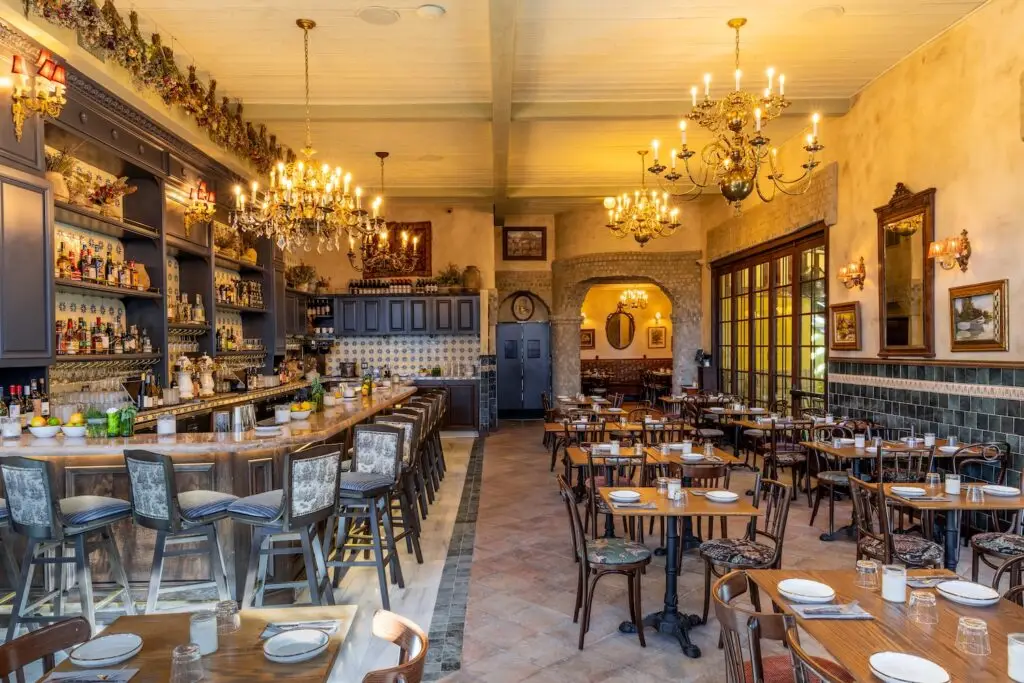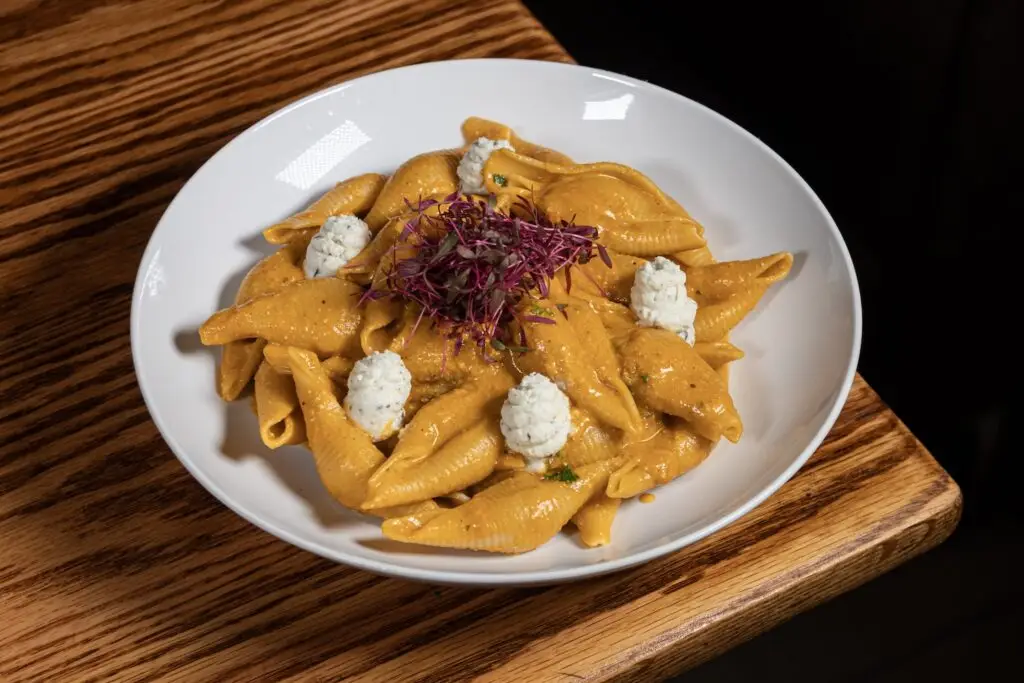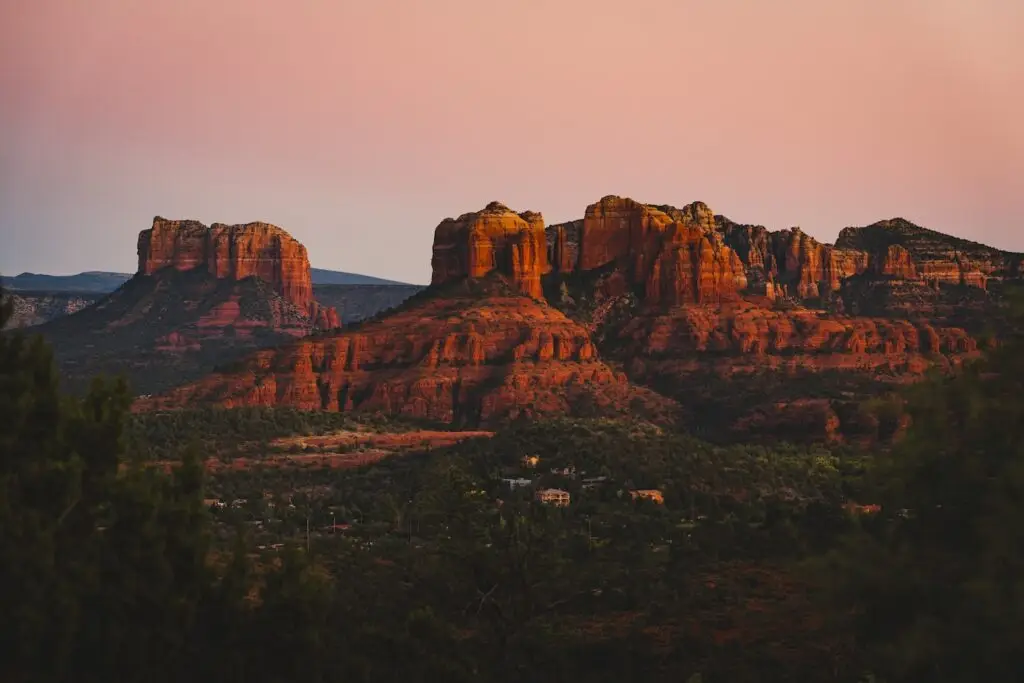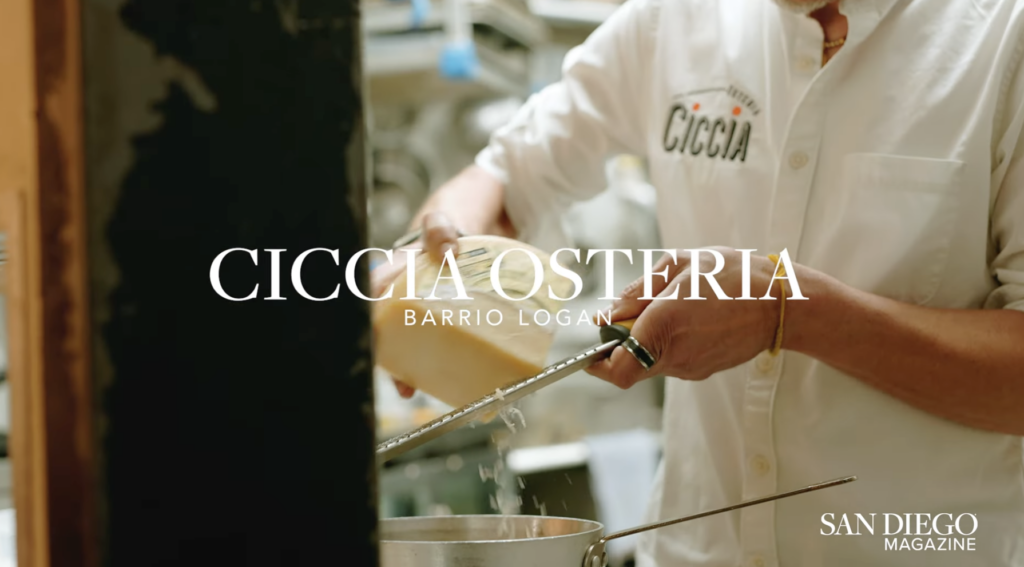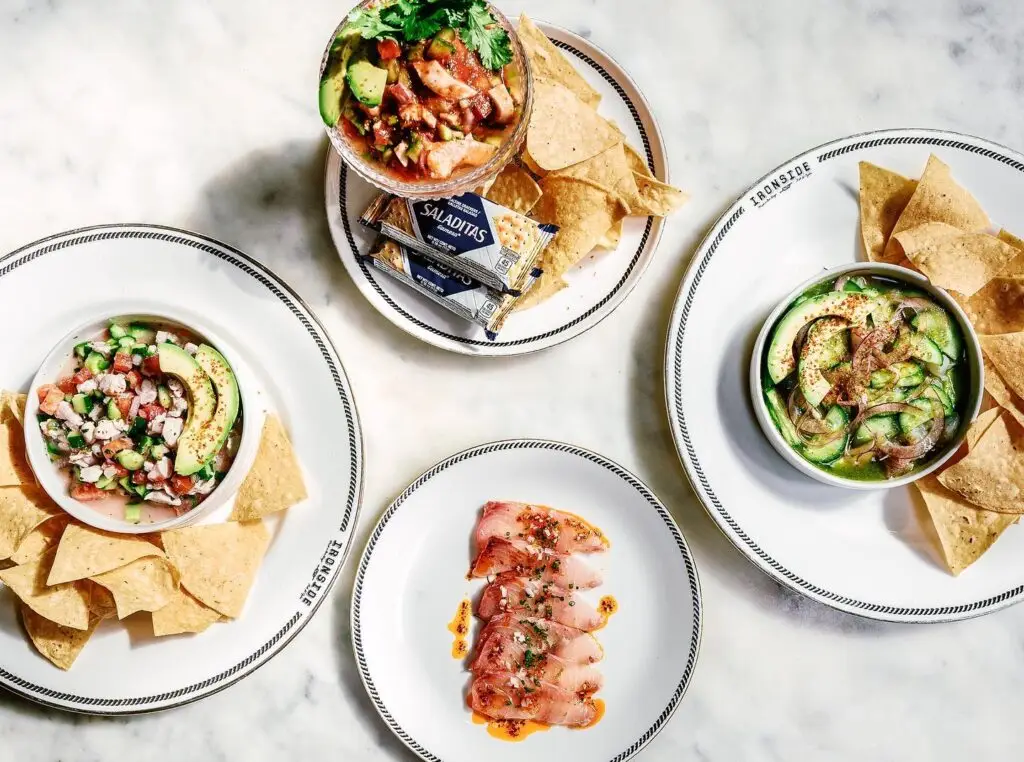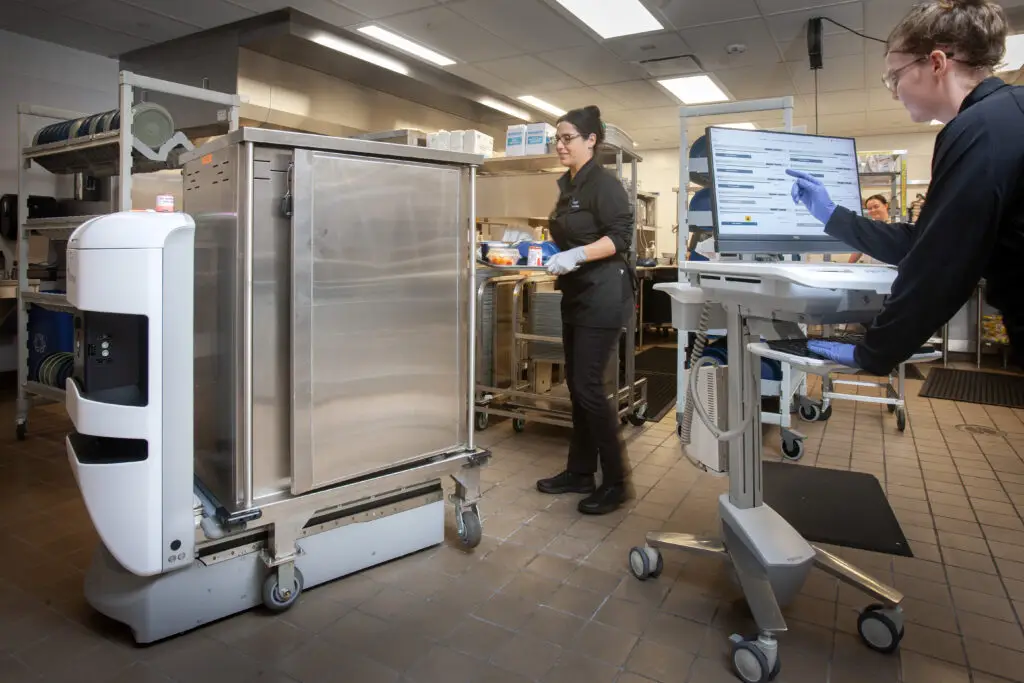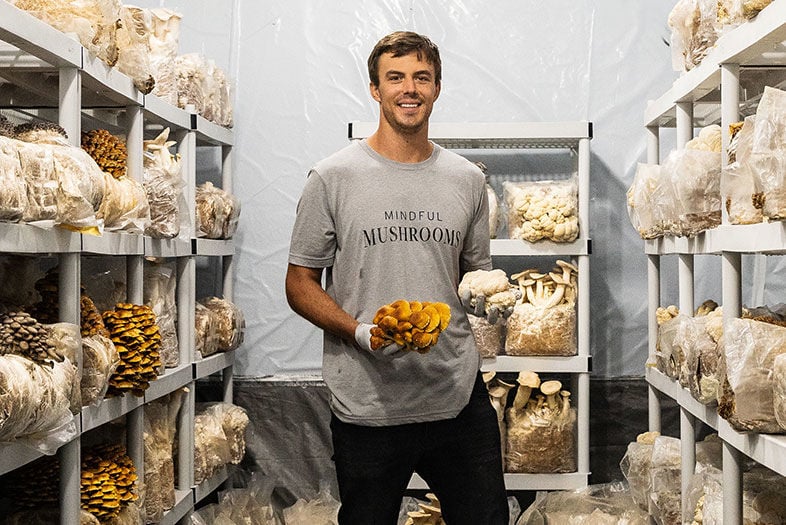The first mushroom Ivo Fedak ever grew was under his bed. He was 13 years old.
“I started with the blue oysters. Eventually I was doing it under the crawlspace in my house, then my mom let me do it in the garage,” he says, and notes he’s been eating them even longer. “Even the simple canned mushrooms, the worst of the worst, I still love them. Then, finding them in the forest and seeing how beautiful they are and how they decompose everything the forest drops, I love them. We’d be dead without mushrooms, because they’re the cleanup crew of our world.”
It’s a fitting metaphor, since the 29-year-old founder and head farmer at Mindful Mushrooms is the literal cleanup crew for the fungus.
“I’m a glorified janitor,” he jokes from inside his Spring Valley warehouse. “Everything has to be super sterile. That’s the number-one thing, or else chaos ensues. If any airborne contaminants get in, a whole week’s worth of work can be ruined.” He has special HEPA filters to keep out pollutants and has gone through plenty of trial and error since opening his business in August 2018. But that’s bound to happen when you’re doing everything by hand. “You know craft breweries? This is a craft mushroom farm.”
Unlike those common varieties you see prepackaged in grocery stores, his fungi are not grown in manure. He specializes in “wood lovers,” meaning strains that grow in the forest and on trees.
No matter the species, whether it’s chestnut, lion’s mane, or king trumpet, he’s created the ideal growing conditions for them all.
“With plenty of AC and humidifiers, you can make anything happen. SDG&E loves me.”
Each batch begins on a Tuesday, “the hard-labor day.” This is when Fedak creates substrate, or the mushroom’s soil. His is composed of grain and sawdust byproduct from distilleries and lumber yards, respectively, all mixed with a hand drill and then sterilized at 200 degrees to kill off any contaminants. The next day, Wednesday, is “lab day.” Fedak adds his grain spawn—mushroom seeds grown in a petri dish—into the substrate, which he’s portioned into 10-pound bags. The bags are sealed (thereafter referred to as “blocks”), then taken to dry racks for the spawn to colonize at 75 degrees in dark to dim lighting.
Depending on the mushroom type, it can take anywhere from three to twelve weeks for the spawn to grow through the substrate, at which point Fedak slits the blocks so the mushrooms can fruit. (Lion’s mane prefers growing out the side of a block; oysters fruit from the top.) Finally, he moves the blocks into the “fruiting room,” equipped with misters and steady lighting and set around 60 degrees to make the magic happen.
“This is the perfect environment for mushrooms, but also the perfect environment for mold and bacteria,” Fedak says. In between harvests he bleaches the walls, the floors, and the storage racks.
Harvest typically happens on Fridays. Fedak plucks about 200 pounds of mushrooms per week, delivering that product directly to customers at the Hillcrest Farmers’ Market or to chefs like Davin Waite (Wrench & Rodent Seabasstropub) within 48 hours. By the end of the year, he hopes to double production and participate in every weekend farmers’ market in San Diego. And in the long term, his goal is to “be one of the largest suppliers of gourmet exotic mushrooms in Southern California.”
But as he’s realized from his venture so far, that’ll take time.
“Starting a mushroom farm is like taking care of 1,000 babies that need my attention 24/7. Mushrooms have taught me a lot of lessons. They’ve calmed me and made me patient, made me step back and let time take its course,” he says. “There’s so much thought that goes into this process. You’ve gotta be mindful.”
Mindful Mushrooms
Sundays at the Hillcrest Farmers Market mindful_mushrooms
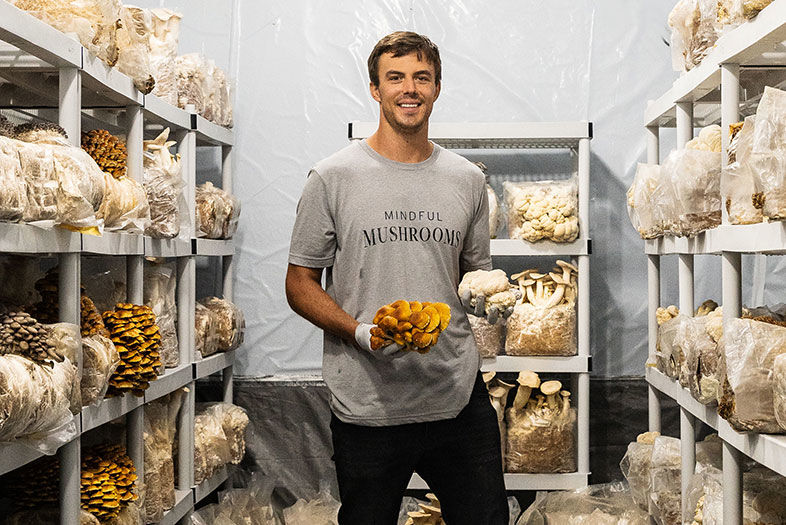
On the Job: The Mushroom Farmer
PARTNER CONTENT
Photo by Ariana Drehsler

